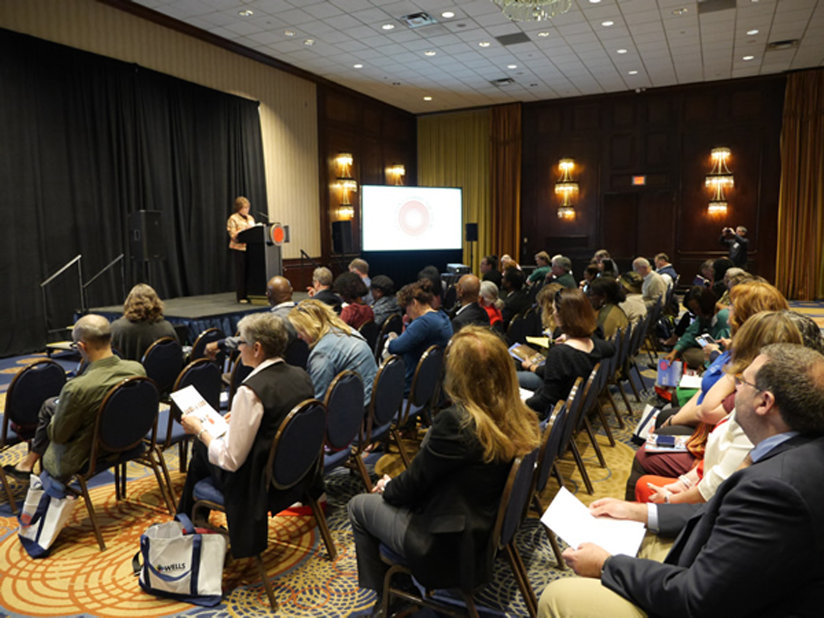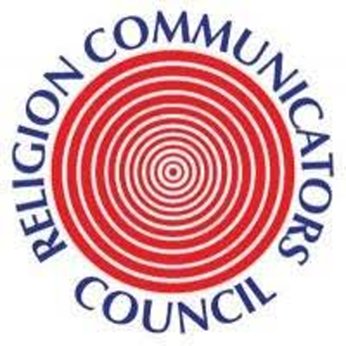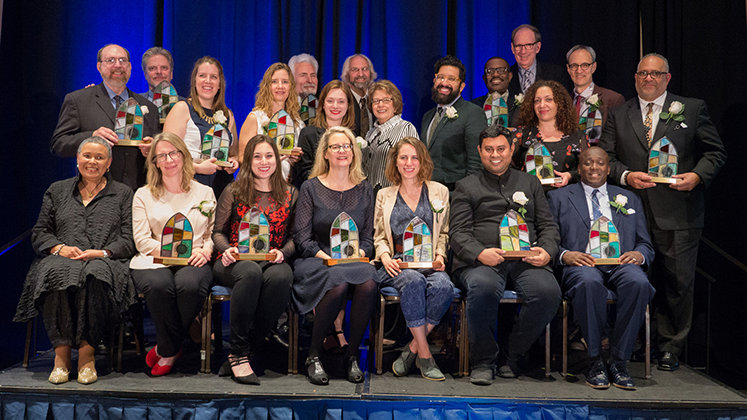
-
HOME
-
WHAT IS STANDOur Mission Our Values Our Help Contact
-
WHAT WE FIGHT FORReligious Freedom Religious Literacy Equality & Human Rights Inclusion & Respect Free Speech Responsible Journalism Corporate Accountability
-
RESOURCESExpert Studies Landmark Decisions White Papers FAQs David Miscavige Religious Freedom Resource Center Freedom of Religion & Human Rights Topic Index Priest-Penitent Privilege Islamophobia
-
HATE MONITORBiased Media Propagandists Hatemongers False Experts Hate Monitor Blog
-
NEWSROOMNews Media Watch Videos Blog
-
TAKE ACTIONCombat Hate & Discrimination Champion Freedom of Religion Demand Accountability
STAND Thanks the RCC for 90 Years of Service to Society
October 29, 1929, became known as “Black Tuesday”—the day of the worst stock market crash in history, when fortunes disappeared and the major economies of the world began to spiral into the Great Depression.

Four weeks later, on November 27, as Americans grappled with the multitude of problems brought on by economic disaster, 29 people of faith met. Looking for what could be done to uplift society utilizing the mediums of expression prevalent at the time, they formed the Religious Publicity Council, an organization that, this year, proudly celebrates its 90th anniversary.
From the outset, the group—known today as the Religion Communicators Council (RCC)—aimed at encouraging expanded coverage of religious news in magazines and newspapers, and bolstering religious influence in society.

While the organization’s founders were members of Protestant denominations, by 1972 all religions were welcome and, today, the Council has hundreds of members across the nation, representing a multitude of faiths.
One constant throughout RCC’s history has been the encouragement of accurate coverage of religions and religious issues in secular media. This became memorialized in awards, as noted on the RCC website, “to promote and encourage excellence in the communication of religious faith and positive values through a variety of secular media.” First presented in 1949, these honors—the Wilbur Awards—are named after Marvin Wilbur, a longtime RCC executive and trailblazer in the field of religious public relations.
“The concept of bringing people of all faiths together through friendly communication and the open exchange of ideas is one that should inspire—and can change—the world.”
To recognize excellent work by its members, since 1967 the Council each year presents honors known today as the DeRose-Hinkhouse Memorial Awards, named for Victor DeRose and Paul Hinkhouse, longtime supporters of the RCC.
The annual conventions provide opportunities to establish or reinforce working relationships with RCC members, to gain insights and information, and to learn from colleagues in other religions.
“STAND is honored to be part of this exemplary organization, a positive influence in society that, over the years, has helped and educated so many,” said Edward Parkin, STAND’s International Director. “The concept of bringing people of all faiths together through friendly communication and the open exchange of ideas is one that should inspire—and can change—the world.”






